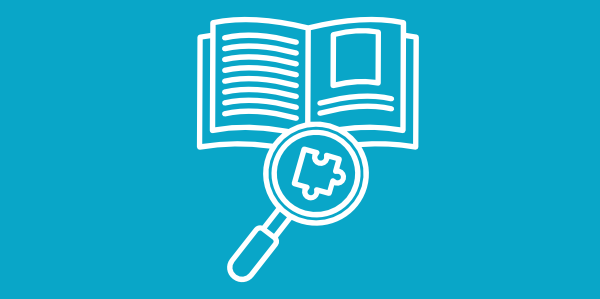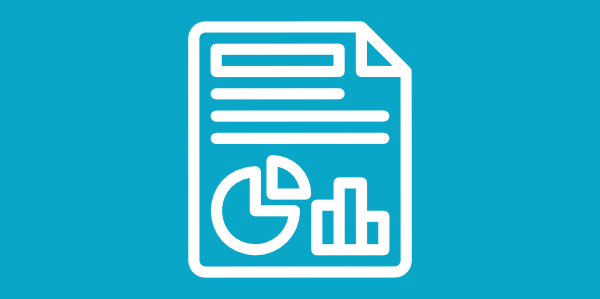
Fieldwork is central to the identity, culture and history of academic Geography, Earth and Environmental Sciences (GEES). However, in this paper we recognize that, for many academic staff, field trips can be a profoundly challenging “ordeal,” ill-conducive to wellness or effective pedagogic practice. Drawing on research with 39 UK university-based GEES academics who self-identify as having a mental health condition, this paper explores how mental health intersects with spaces and expectations of fieldwork in Higher Education.
Creators: Faith Tucker, John Horton

Successful fieldwork and fruitful academic careers hinge on acknowledging and managing our mental health. This paper discusses peer-support networks, secondary trauma, coping skills, therapy, and researchers’ mental health options before, during, and after fieldwork.
Creators: Calla Hummel, Dana El Kurd

This paper acknowledges that geographical fieldwork and fieldtrips can be deeply stressful, anxiety-inducing, troubling, miserable, hard and exclusionary for many colleagues, students and pupils. This paper draws on on qualitative data from research with UK university-based Geography, Earth and Environmental Sciences (GEES) academics who self-identify as having mental health conditions which substantially affect their daily lives. These data prompt reflection on the nature and experience of fieldwork in two ways. First, they require acknowledgment of fieldwork as not just ‘muddy’, widening disciplinary imaginaries of fieldwork accessibility to encompass marginalities in/of Human Geography fieldwork practice. Second, contrary to pervasive disciplinary idealizations, these data demand recognition that fieldwork and fieldtrips are not necessarily gleeful but can be sites of intense latent anxiety and intersectional marginality.
Creators: Faith Tucker, Catherine Waite, John Horton

Report of the Workshop to Promote Safety in Field Sciences that was organized by CSU Desert Studies and the Consortium for Ocean Leadership on 24-26 March 2021. The workshop resulted in 52 recommendations targeted at improving field science culture change, as well as misconduct accountability, policy, and reporting. The recommendations focus on improving experiences for field participants of all backgrounds and identities. The recommendations represent a starting point, and we hope that the report will inspire and guide different audiences and actors in field science in implementing some or all of these recommendations, and to do so in a collaborative, community-based way.
Creators: Desert Studies Center, Consortium for Ocean Leadership

Written primarily for undergraduates considering a research experience, the paper recommends practical strategies for dealing with three common sources of anxiety: imposter syndrome, communicating with mentors, and safety in fieldwork.
Creators: Bonnie M. McGill, Madison J. Foster, Abagael N. Pruitt, Samantha Gabrielle Thomas, Emily R. Arsenault, Janaye Hanschu, Kynser Wahwahsuck, Evan Cortez, Kaci Zarek, Terrance D. Loecke, Amy J. Burgin

This short paper in Ecology and Evolution outlines strategies for turning field experiences from exclusive experiences into channels for inclusion. A handy graphic and short video are also provided.
Creators: Erika S. Zavaleta|Roxanne S. Beltran|Abraham L. Borker

This curated set of resources presents recent research on how to ensure safe, accessible and inclusive field experiences, which center on the adoption and enforcement of rules for appropriate behavior.
Creators: ADVANCE Geo Partnership

NSF’s statement on harassment and assault which includes requirements instructions on reporting misconduct.
Creators: NSF personnell

This document is a specific list of recommendations for safer and more inclusive field experiences from the Anti-Racism Action Committee from the Department of Earth and Planetary Sciences, at the University of California, Davis.
Creators:

More than half of field participants report experiencing sexual harassment while doing fieldwork, and one in five report assault. To combat this, FieldFutures offers a suite of interactive trainings developed by a team of field researchers at UC Santa Cruz.
Creators: FieldFutures personnel










